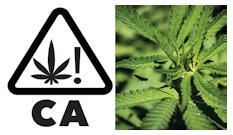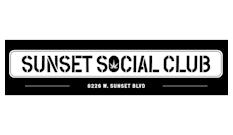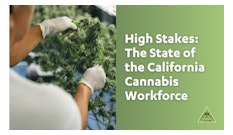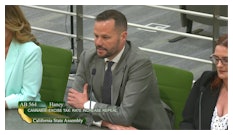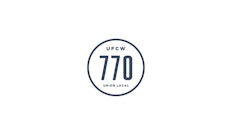LOS ANGELES – PRESS RELEASE – D|R Welch, a law firm focusing on all business aspects of the cannabis industry, secured a landmark U.S. District Court ruling on behalf of a collection of dispensaries who applied for medical marijuana business permits with the City of Huntington Park in 2016, and were allegedly victims of a fraudulent scheme devised by the City. In its June 15, 2018 decision, the Court ruled that the City of Huntington Park's Ordinance regulating the application process for its highly-coveted medical marijuana business permits violated the constitutional rights of all citizens and businesses that applied for a permit in 2016.
“The City’s Ordinance violated the constitutional rights of honest, law-abiding citizens to the benefit of government insiders’ special interests. This case represents an unfortunately common issue in a burgeoning area of law, and D|R Welch will continue to shed light on this issue and protect the rights of citizens as well as the integrity of our industry,” said Founding Partner David R. Welch.
In 2017, D|R Welch filed a lawsuit against the City of Huntington Park for allegely unfair business practices, civil conspiracy, RICO, and violations of the First Amendment, Fourteenth Amendment and the California Constitution. The lawsuit states that City council members allegedly devised a fraudulent scheme to rig the City’s medical marijuana business permit application process and receive kickbacks from application fees, while prohibiting applicants from attempting to contact City council members. In its decision regarding the constitutional claims, the Court found that the City’s Ordinance violates the Fourteenth Amendment right to Due Process, and the First Amendment's protection of Free Speech, as well as constitutionally protected "advocacy & lobbying" activity, both of which are considered core components of Free Speech.
“Our clients as well as every business that applied for a permit with the City of Huntington Park were denied their constitutional rights and were denied a fair and transparent evaluation and selection process,” said Managing Partner Edward Muramoto. “In these times of uncertainty, it's encouraging to know that we can rely on our courts and a courageous federal judge to enforce the law and preserve our constitutional rights.”
Background Information
C4EverSystems, Inc., a company that created cashless payment kiosks for the cannabis industry, allegedly convinced city officials of the City of Huntington Park – through the assistance of lobbyists – to mandate the use of a third-party cash management system to obtain approved medical marijuana business permit (MMBP) applications. A fraudulent scheme, devised by three City Councilwomen, lobbyists, C4EverSystems partners and board members of Marijuana International Corporate, was allegedly created so that a percentage of the MMBP fees charged by C4EverSystems would be kicked back to the group organizing it. D|R Welch filed a lawsuit on behalf of a collection of dispensaries who applied for MMBP permits in the City of Huntington Park in 2016, alleging unfair business practices, civil conspiracy, RICO, and violations of the First Amendment, Fourteenth Amendment and the California Constitution.
The City's Ordinance imposed unconstitutional restrictions on the policies and procedures regulating the City's application process for its three highly-coveted and valuable medical marijuana business permits. Applicants were prohibited from contacting or attempting to contact any City council member to: request that the MMBP application and selection process be transparent; discuss an MMBP application for any reason; or address the persistent reports that the City's MMBP application and selection process was "rigged" and corrupt, among other things. Under the Ordinance, if an applicant for an MMBP exercised his or her constitutionally protected Free Speech rights, he or she would automatically forfeit his or her MMBP application and the $5,000 application fee.
In its June 15 ruling, the U.S. District Court for the Central District of California granted in part D|R Welch’s Motion for Summary Judgment on violations of constitutional rights, including advocating for, and securing, a transparent and well-documented and fair MMBP selection process. Both parties have 14 days to submit a joint brief on the ruling and the remaining issues in the case.















